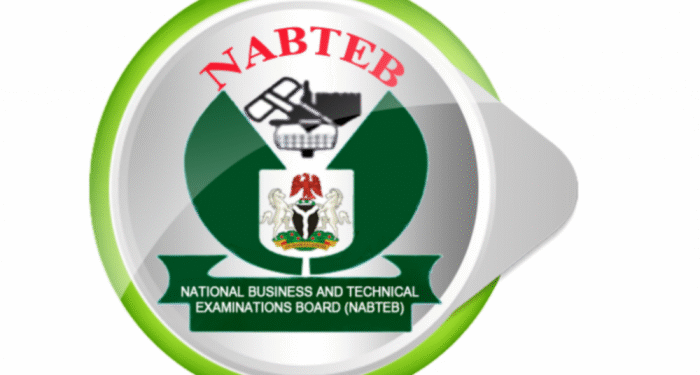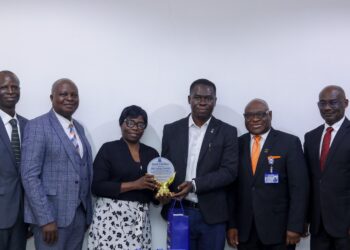The National Business and Technical Examinations Board (NABTEB) has launched a comprehensive review and validation of 26 trade syllabi for technical colleges across Nigeria.
The review exercise opened on Monday at the National Commission for Colleges of Education in Abuja.
In his remarks, NABTEB’s Registrar and Chief Executive Officer, Dr Mohammed Mohammed, described the process as a “historic moment in Nigeria’s journey towards educational excellence and economic transformation.”
He stressed the urgency of preparing graduates of technical education with 21st-century skills relevant to the modern labour market.
“Today’s initiative responds directly to the challenges of the 21st century, ensuring our graduates possess skills that are immediately applicable in today’s dynamic labour market. The 26 trade areas under review represent critical sectors pivotal to Nigeria’s economic diversification agenda and our quest for technological independence,” he said.
The revised syllabi cut across emerging technologies and traditional vocations, including Robotics, Coding and Machine Learning, Industrial Mechanics, Smart Agriculture, Cinematography and Creative Media Production, Automotive Mechatronics, Electrical and Solar PV Installations, Hospitality and Catering, Beauty Therapy and Cosmetology, as well as Fisheries and Aquaculture.
Mohammed highlighted the inclusion of environmentally friendly courses such as Smart Agriculture and Solar PV Installations, describing them as evidence of NABTEB’s commitment to sustainability.
“These programmes position Nigeria as a leader in green technology adoption while addressing critical challenges in energy and food security,” he noted.
He praised the collaboration between NABTEB and the National Board for Technical Education (NBTE), calling it a model for inter-agency partnership. He also acknowledged the role of industry stakeholders in ensuring the syllabi align with market realities.
“Industry partners have provided invaluable insights into market demands and emerging trends, ensuring the syllabi serve as practical roadmaps for career success,” Mohammed said.
The registrar assured that NABTEB would work closely with technical colleges to ensure the successful implementation of the revised curricula through continuous educator training, quality assurance measures, and provision of the necessary infrastructure.
He urged industry partners to support the implementation phase by offering internships, workplace learning opportunities, and student mentorship.
Mohammed also expressed gratitude to the Minister of Education for providing leadership and policy support, as well as to the NBTE, industry experts, and stakeholders for their contributions.
He charged participants at the workshop to approach the validation process with seriousness and a shared sense of responsibility.



















































































 EduTimes Africa, a product of Education Times Africa, is a magazine publication that aims to lend its support to close the yawning gap in Africa's educational development.
EduTimes Africa, a product of Education Times Africa, is a magazine publication that aims to lend its support to close the yawning gap in Africa's educational development.